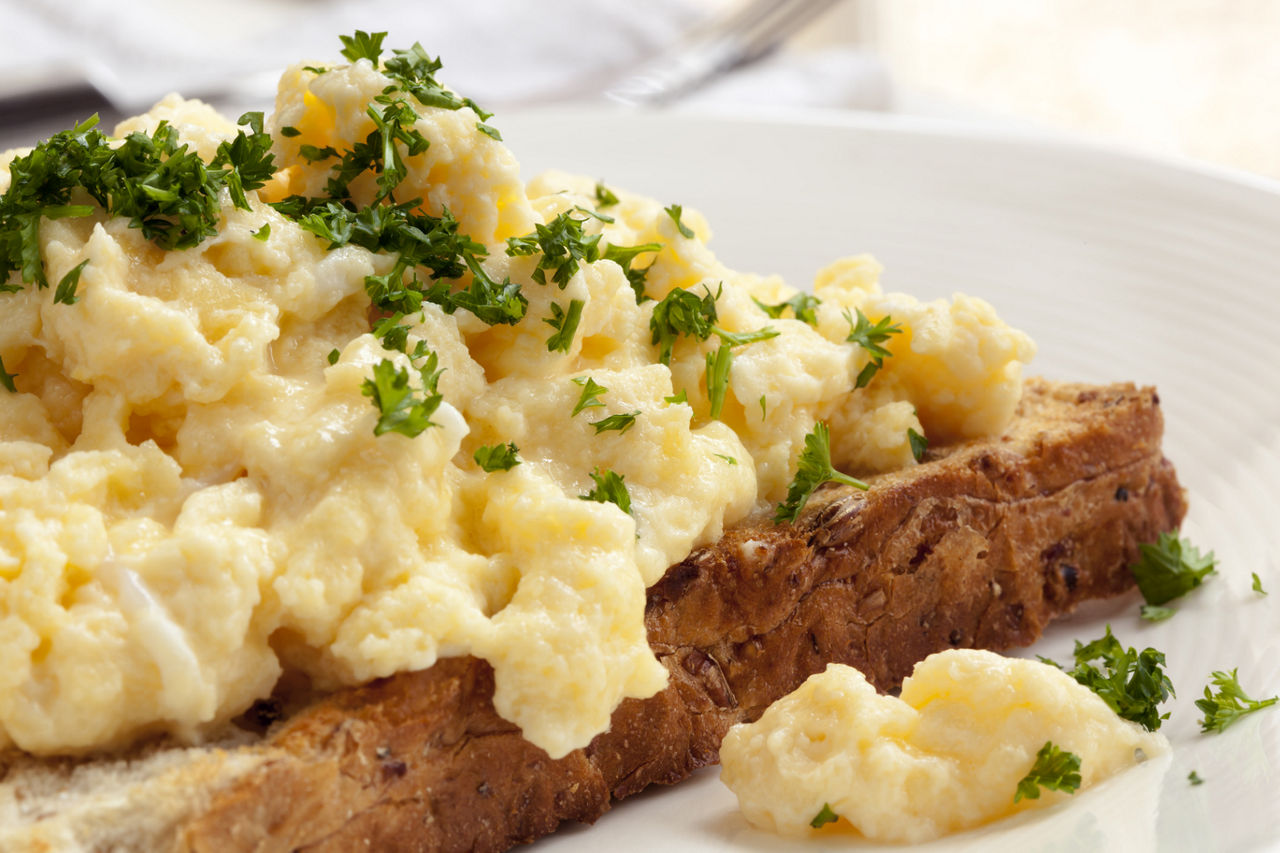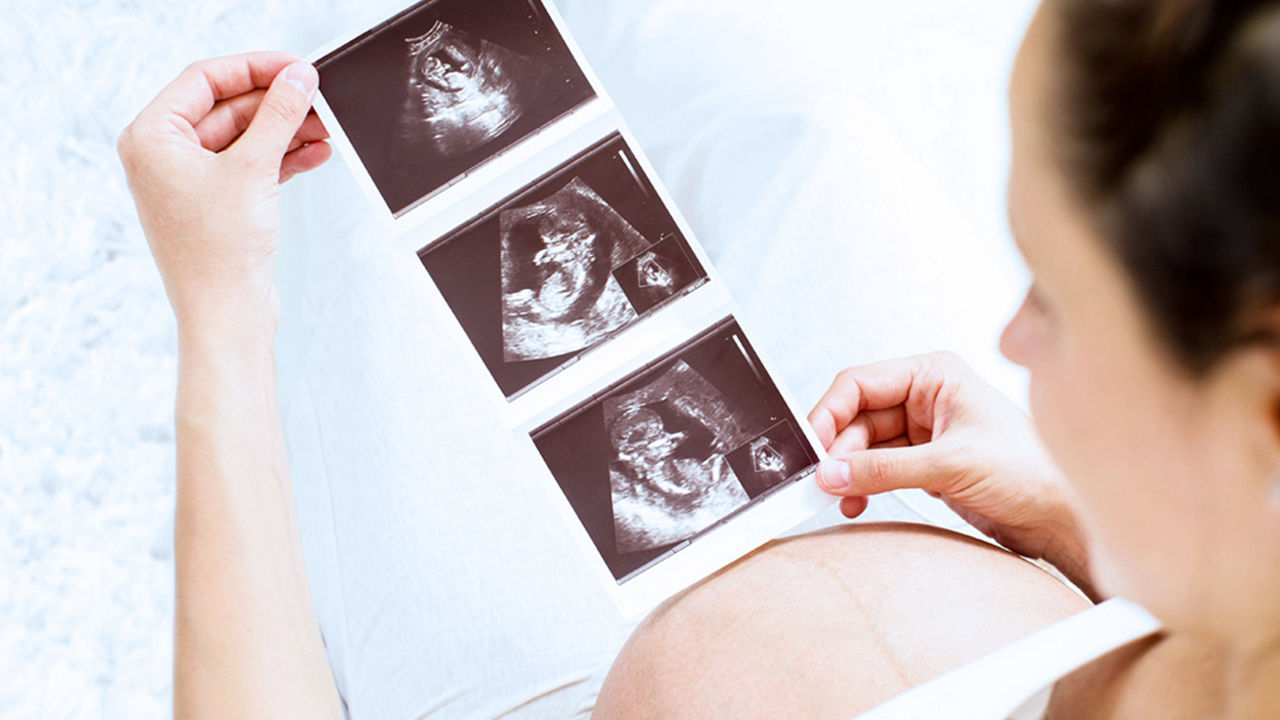Breastmilk is the best for babies. The World Health Organisation recommends exclusive breastfeeding for the first six months of life. Unnecessary introduction of bottle feeding or other food and drinks will have a negative impact on breastfeeding. After six months of age, infants should receive age-appropriate foods while breastfeeding continues for up to two years of age or beyond. Consult your doctor before deciding to use infant formula or if you have difficulty breastfeeding.
- Week 1
- Week 2
- Week 3
- Week 4
- Week 5
- Week 6
- Week 7
- Week 8
- Week 9
- Week 10
- Week 11
- Week 12
- Week 13
- Week 14
- Week 15
- Week 16
- Week 17
- Week 18
- Week 19
- Week 20
- Week 21
- Week 22
- Week 23
- Week 24
- Week 25
- Week 26
- Week 27
- Week 28
- Week 29
- Week 30
- Week 31
- Week 32
- Week 33
- Week 34
- Week 35
- Week 36
- Week 37
- Week 38
- Week 39
- Week 40
Week 15 of Your Pregnancy
Your Baby
The crucial parts and organs are already fully developed in your baby's small body and now just needs to grow and mature. The foetus begins to stretch the little arms and legs , to train the muscles to prepare for walking upright. Small grooves are beginning to form on the fingertips, which will become the fingerprints later. Your baby is 9 centimeters long, about 65 grams and is growing very fast!
Your body
You notice your hips becoming rounder, and your favourite pair of pants get too tight. That's a good reason to go shopping for some maternity wear with your best friend. In the womb, the placenta supplies your unborn with oxygen, food and antibodies. By the end of pregnancy the placenta will reach a weight of 600 grams and a diameter of 25 centimeters.
300 calories more per day
From the 4th month onwards, you'll need about 300 calories more than before per day. This is roughly a slice of wholemeal bread with a simple spread (herb butters, nutella, peanut butter etc). A cup of bubble milk tea with chewy pearls may be tempting, but excessive amount of sugar intake is not advisable as it could give rise to problems like gestational diabetes. A balanced diet means that you should take healthier food and snacking only occasionally.


Connect with our team of experts
We provide advice and support for you on your parenthood journey



